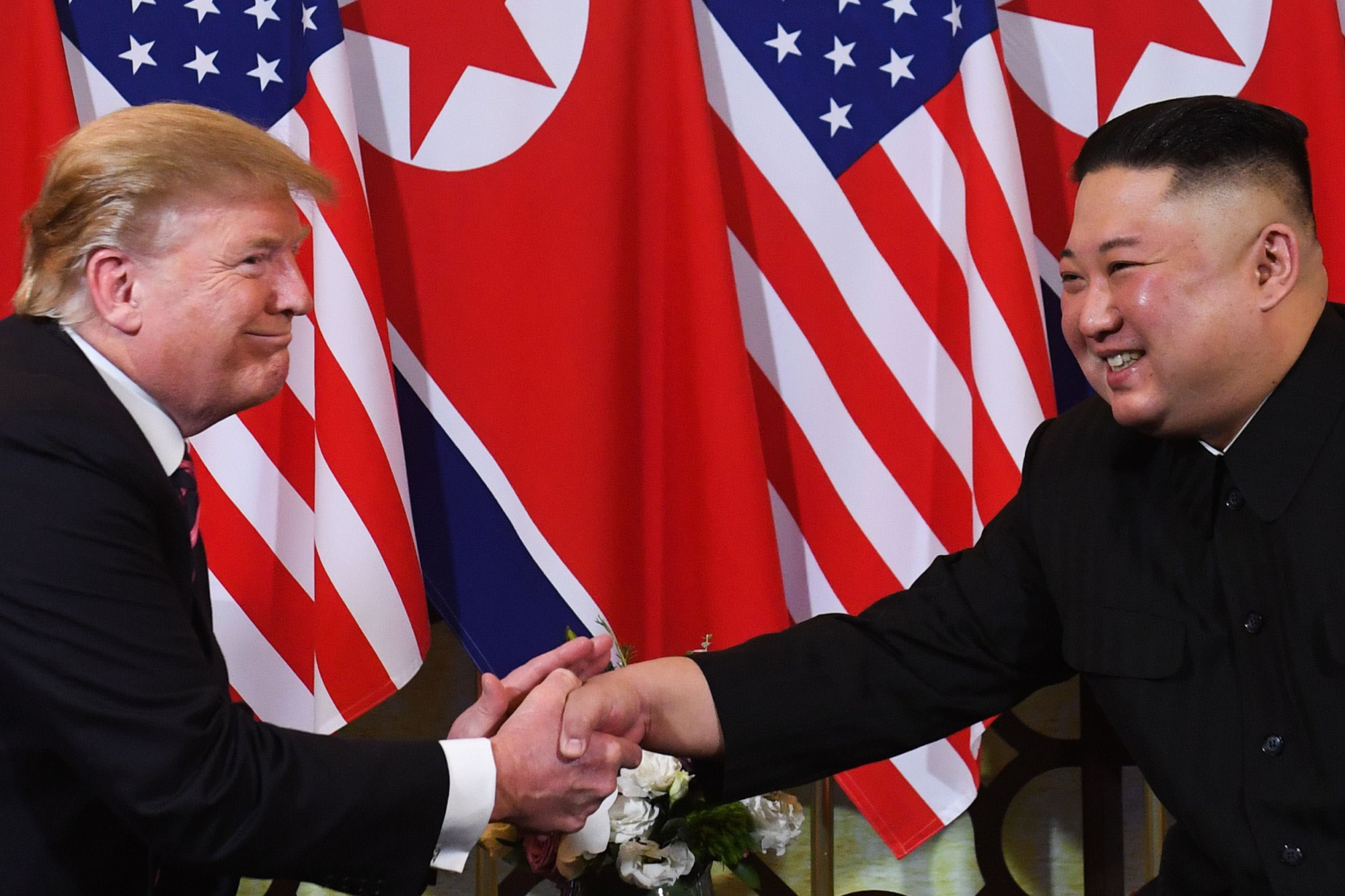The Hanoi summit between the United States and North Korea on denuclearization in late February was dubbed a failure in many quarters, with U.S. President Donald Trump walking away from negotiations without an agreement. Yet an even bigger failure would have resulted if the U.S. and North Korea had hastily come to strike an "easy deal" that left North Korea only partially denuclearized. Such a deal would have undermined the U.S. alliance system in East Asia and struck the foundations of this system to the core. While these fears have been allayed for now, the outcome of the talks cannot hide continuing concerns over stability in the Korean Peninsula and East Asia.
At the summit, the Trump administration appeared ready to accept a reduction in the U.S. military presence in South Korea. Trump has hinted at the need to withdraw U.S. troops from the Korean Peninsula ever since the 2016 presidential campaign, while in June 2018, Trump even promised North Korean leader Kim Jong Un that the U.S. would suspend joint military drills with South Korea. He reportedly did so without consulting Jim Mattis, then the U.S. secretary of defense.
In South Korea, the possibility of the U.S. and North Korea moving closer to each other has provided a welcome and unexpected boost to the Moon Jae-in administration's initiative to achieve inter-Korean rapprochement and unification of the Korean Peninsula. Although the failure of the summit has made such a development unlikely in the immediate future, the Trump administration continues to make its relations with North Korea a priority in its foreign policy goals.



















With your current subscription plan you can comment on stories. However, before writing your first comment, please create a display name in the Profile section of your subscriber account page.